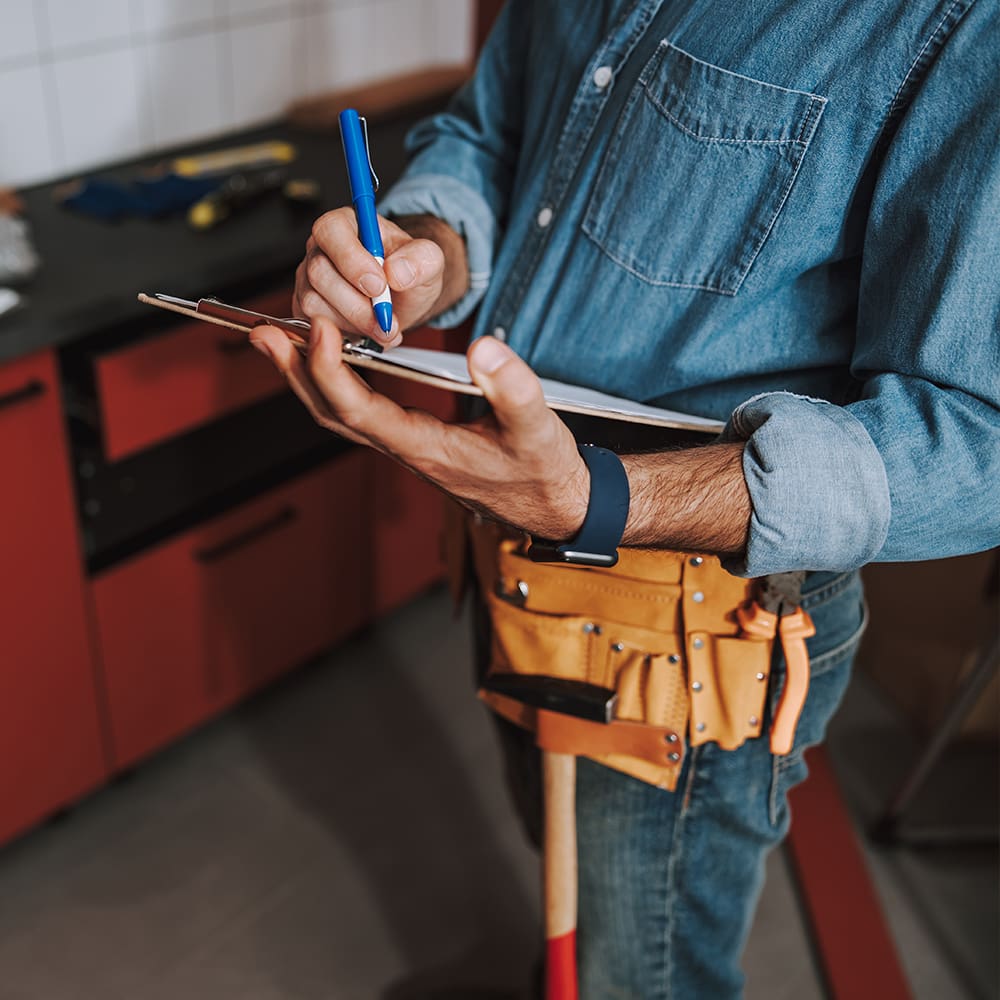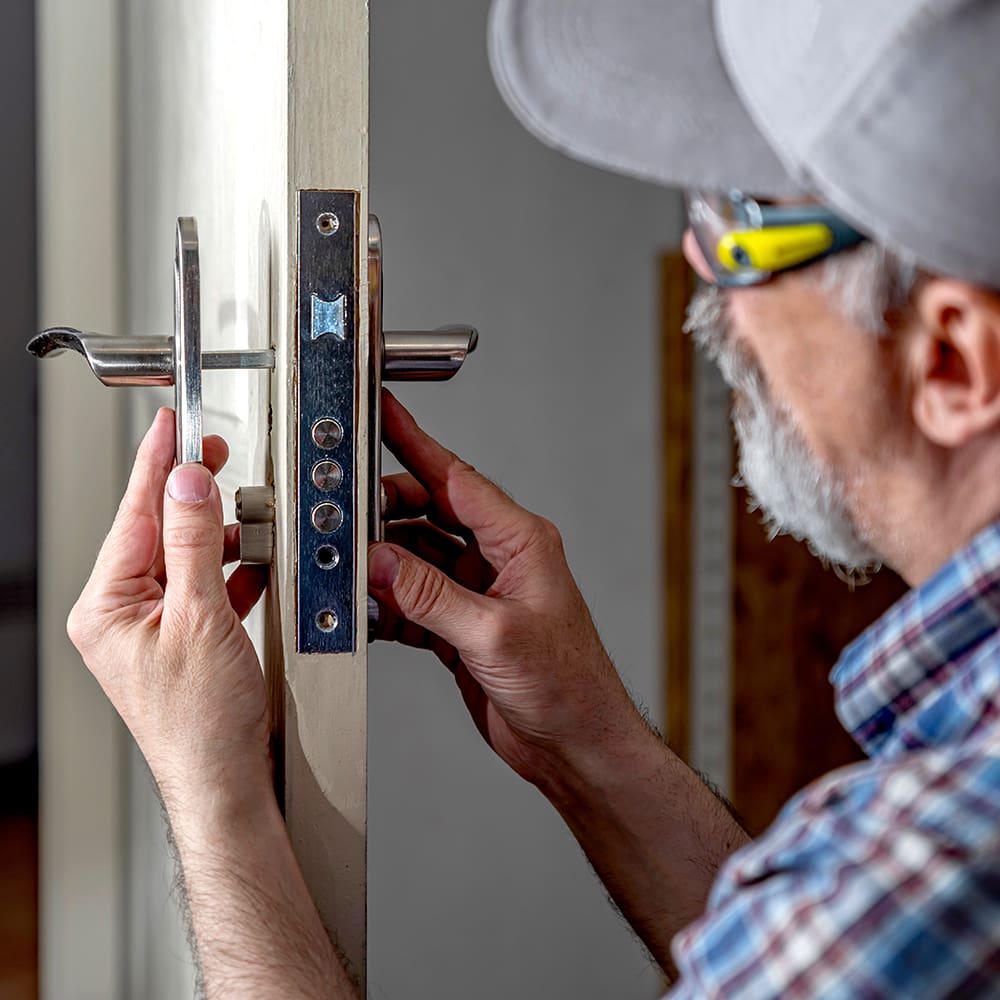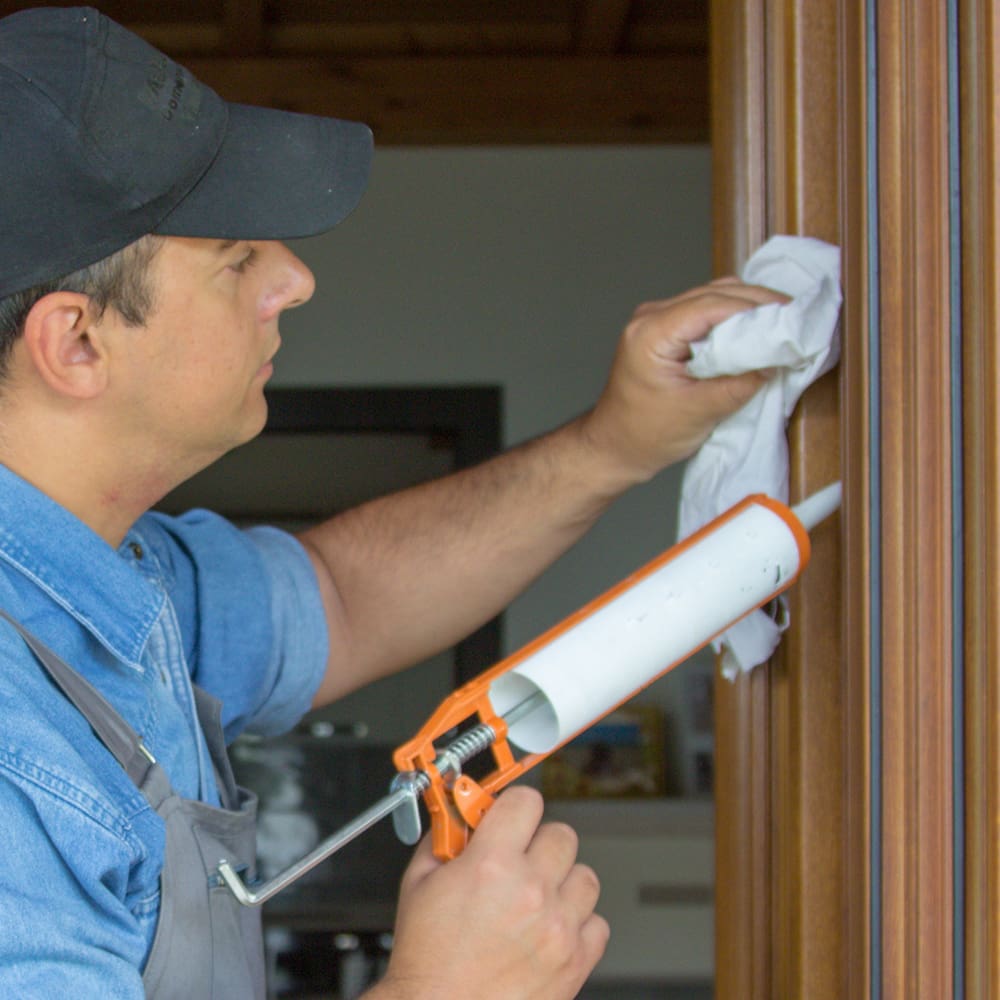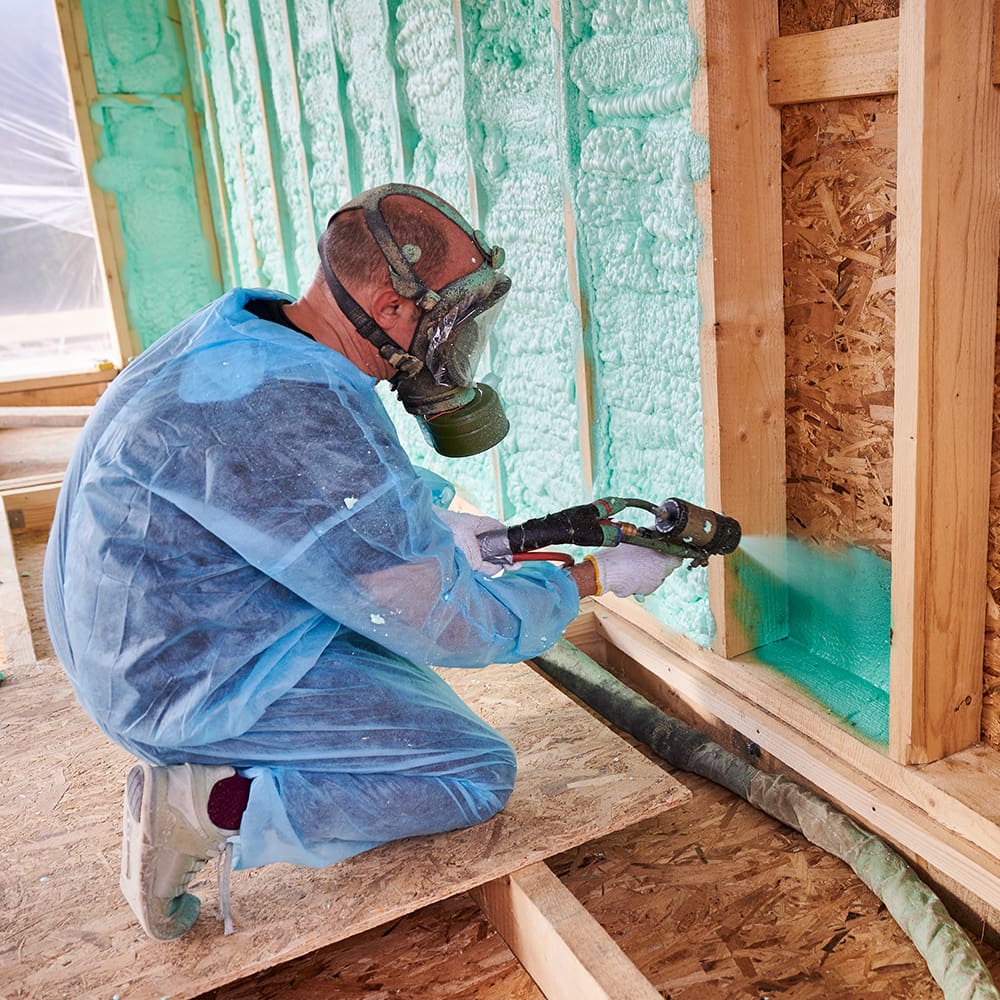What You Need to Know About Home Inspection Costs

Buying a home can be both exciting and stressful. One of the key steps in this process is the home inspection. Understanding home inspection costs is crucial for homeowners who want to make informed decisions. In this blog, we’ll break down everything you need to know about the cost of a home inspection, why it’s necessary, and what factors influence the price.
In this article
Buying a home can be both exciting and stressful. One of the key steps in this process is the home inspection. Understanding home inspection costs is crucial for homeowners who want to make informed decisions. In this blog, we’ll break down everything you need to know about the cost of a home inspection, why it’s necessary, and what factors influence the price.
Understanding the Basics
What is a Home Inspection?
A home inspection is a thorough examination of a property’s condition. It’s usually conducted by a professional home inspector who assesses various aspects of the house, including its structure, electrical systems, plumbing, and more. This helps identify any issues that need addressing.
Why a Home Inspection is Essential
Home inspections are essential because they provide a detailed overview of the property’s condition. They help buyers understand potential repair costs and ensure they’re making a sound investment. For sellers, a pre-inspection can highlight areas that may need attention before listing the home.
Components of a Home Inspection
A comprehensive home inspection covers multiple areas such as the roof, foundation, HVAC systems, electrical wiring, and plumbing. Each component is meticulously evaluated to ensure the property is safe and functional.
Breaking Down the Costs
Average Home Inspection Costs
The cost of a home inspection can vary widely. On average, homeowners can expect to pay between $300 and $500. However, prices can be higher or lower depending on various factors that we’ll discuss below.
Factors Influencing the Cost
Several factors can influence home inspection costs:
- Size of the Home: Larger homes require more time to inspect and hence, cost more.
- Location: Inspection costs can vary based on the region.
- Age of the Home: Older homes might require a more detailed inspection, increasing the cost.
Additional Services and Their Costs
Sometimes, additional services like radon testing, termite inspections, or mold testing might be required. These services come with extra costs, typically ranging from $50 to $200 per service.
The Value of a Home Inspection
Long-Term Savings
Spending a few hundred dollars on a home inspection can save thousands in the long run. Identifying issues early on allows homeowners to address them before they become major problems.
Negotiation Leverage
Buyers can use the inspection report as leverage to negotiate repairs or a lower purchase price with the seller, potentially saving a significant amount of money.
Peace of Mind
Knowing that your potential new home has been thoroughly inspected provides peace of mind. It ensures that there won’t be any unexpected repairs after you move in.
Choosing the Right Inspector
Qualifications to Look For
When choosing a home inspector, ensure they are licensed and certified by reputable organizations like the American Society of Home Inspectors (ASHI) or the International Association of Certified Home Inspectors (InterNACHI).
Reading Reviews and Testimonials
Check online reviews and testimonials to find a reliable inspector. Positive feedback from past clients can indicate a trustworthy professional.
Asking the Right Questions
Ask potential inspectors about their experience, what the inspection will cover, and how long it will take. This will help you understand what you’re paying for.
Conclusion
A home inspection is a critical step in the home-buying process. While the cost can vary, investing in a thorough inspection can save money and provide peace of mind. By understanding what influences these costs and how to choose the right inspector, homeowners can make informed decisions that benefit their long-term investment. For those needing detailed guidance, consider consulting with a professional home inspector to ensure you’re getting the best value for your money.




